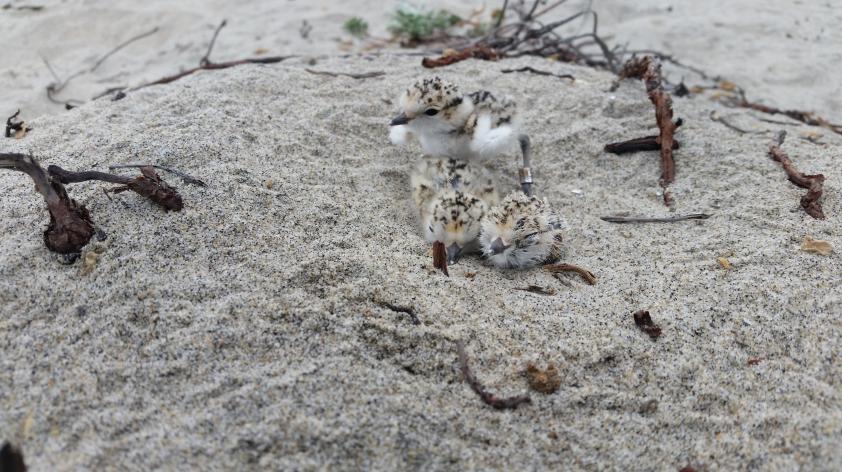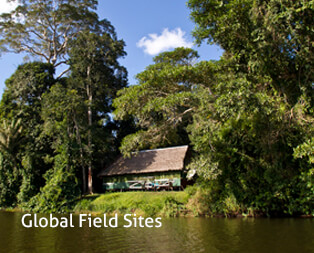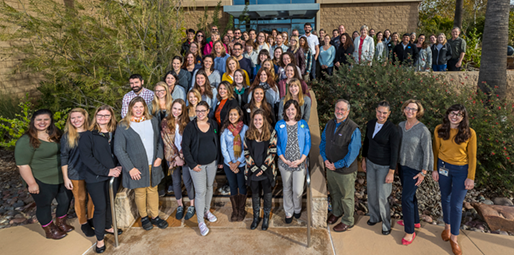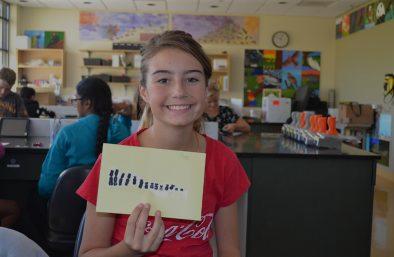
Saving Chicks at the Beach
Learning to share the beach with endangered birds
With so few nesting areas void of human presence on the coasts of western North America, the California Least Tern and the Western Snowy Plover are restricted to habitats found within protected zones. Camp Pendleton, U.S. Marine Corps training grounds is one of those protected zones. Thereupon, it is imperative for military bases to recognize the importance of conserving such lands that today represent the last remaining pristine habitat where these two birds can thrive. Together with the power of partnerships, the San Diego Zoo and Camp Pendleton embark in a battle against time to understand how we can better preserve these animals and save them from the unforgiven grasp of extinction.
Our job is to monitor the reproductive success of these species which utilize the sandy dunes found on the beaches within the base as nesting grounds. Important and complex scientific methodology goes into play and our findings begin to shed the light that will guide future conservation efforts. San Diego Zoo Global recognizes the importance of incorporating the participation of the public and for such reason we conduct community outreach events. Del Mar Recreation beach, to which people other than military personnel have access, happens to be located next to the beaches where we conduct our study. People come to this beach to enjoy a day of recreation and most seldom realize about the presence of endangered species. With regards to this lack of information, we base our outreach efforts on positive interactions with the public; a task that at first seemed overwhelming.
As a matter of fact, one rarely has the chance to stand in front of a group of people and inform without fearing judgement. However, when this group is made up mainly of people visiting Del Mar Beach for recreation purposes, the situation gives us permission to ignore that anxiety caused by stage fright. And there is no reason to fear the gaze of the people upon ourselves when we inform them about the purpose of the presence of the San Diego Zoo Institute for Conservation Research in Camp Pendleton; a purpose that the public has come to appreciate and in some instances even praise.
Furthermore, most of my experience so far as one of the main participants of the outreach portion of our job has been outstandingly positive. People on the beach are generally in a good mood and readily welcome the information we share with them. It is worth noting the enthusiasm the children, who seem more receptive after we show them photos of the charming chicks we work with, present when receiving an explanation of the importance of sharing the beach with these birds.
As can be seen, education is one of the strongest tools we have to diffuse the message of the importance of environmental conservation. Birds connect people and it is encouraging to entertain the idea that organizations such as the San Diego Zoo exist to function as the bridge to sustain the connection between science and the public.













